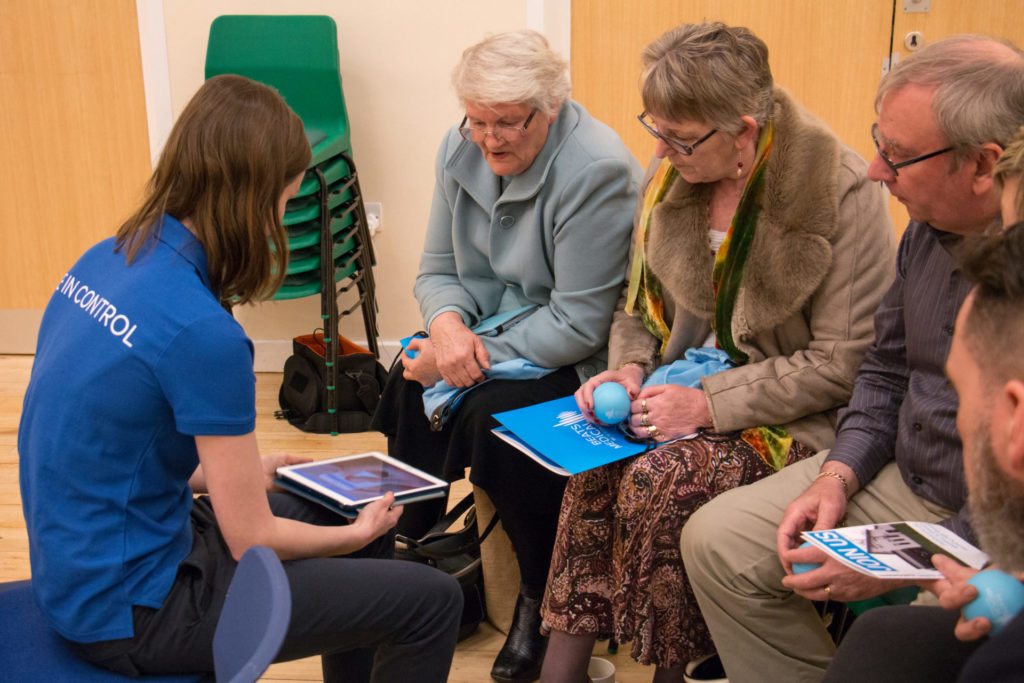Things to do when newly diagnosed with Parkinson’s Disease
If you have been recently diagnosed with Parkinson’s disease, you are not alone. We are here to help empower you by giving you the tools and information you need to lead a healthier, more independent life. Starting today you have the power to make a positive change in your life.
1. Don’t Panic
No matter what stage of life you are at when you receive a diagnosis, it is a challenging time. It may come as a shock to you, or it may be something you have been suspecting. Either way, it is important not to panic. Remember that you are not alone and that there is a lot of people you can turn to for support.
2. Ask your Neurologist
After receiving a diagnosis of Parkinson’s, it is normal to have a lot of questions about it. It is important that you ask your neurologist any questions that you may have so that you can better understand your condition. It is helpful to write down a list of your questions to bring with you to your neurologist appointment. Understandably, it may be an emotional time for you, and having a list written down can help you to stay focused on getting the answers that you need.
3. Find a support group
Having a strong support network will be a huge help throughout your Parkinson’s journey. Even though your symptoms may be subtle in the beginning, opening up to people and building a support network can be hugely beneficial for your wellbeing. Joining a support group can be a great way to open up about your Parkinson’s to others who understand. It is also a great way to hear helpful tips from people who have experienced symptoms similar to you. Research if there is a support group in your local area, and if there isn’t, you could always set one up!

4. Gather information
Try to learn as much as you can about your condition. However, be careful where you get your information from. Be sure to get information from reliable sources. The best place to start is to ask your neurologist or GP where to go for accurate information. You can also find useful information on websites of official Parkinson’s organisations, such as Parkinson’s UK. Just remember, everyone’s experience with Parkinson’s will be different, – don’t believe everything you read on the internet!

